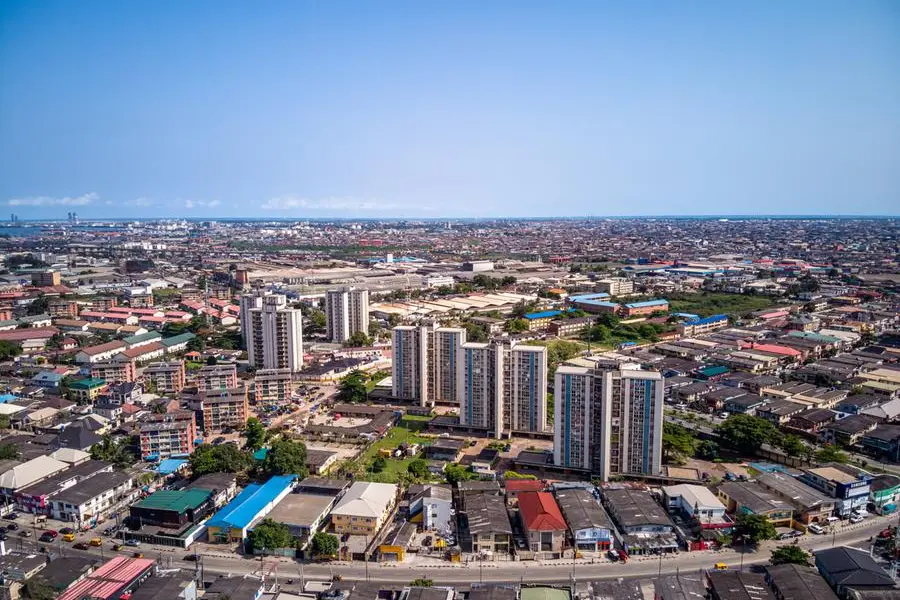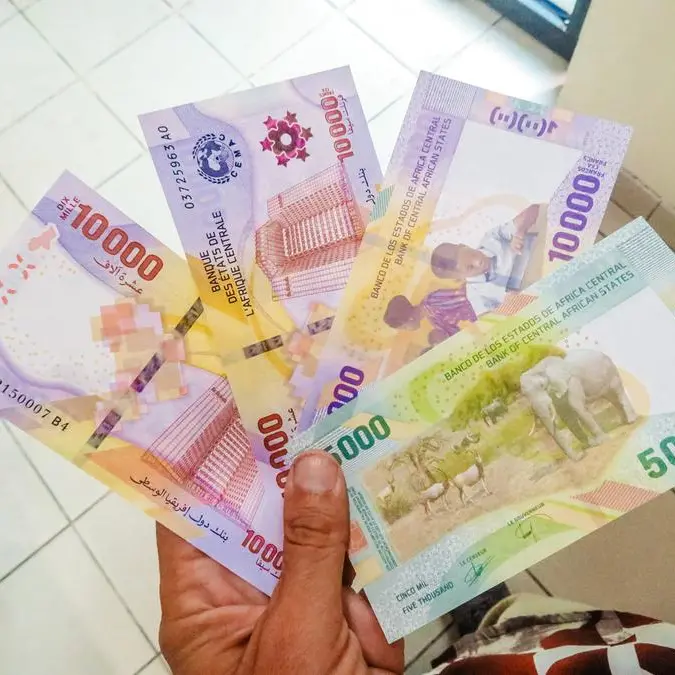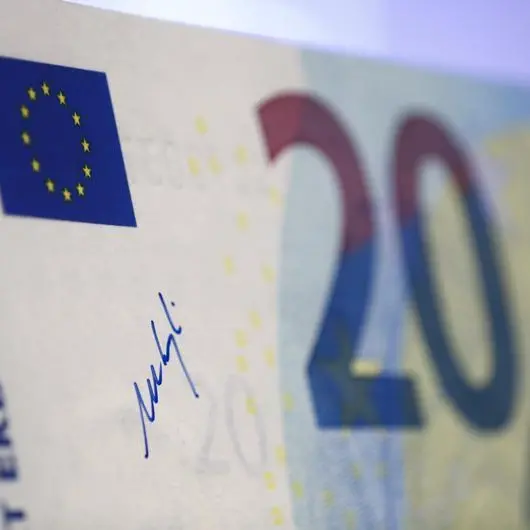PHOTO
Nigerian oil and gas company Seplat Energy squeezed pricing on a US$650m five-year non-call two bond issue on Thursday to nearly 30bp inside the sovereign's curve as investors overlooked the possible pitfalls of a recent acquisition to earn the carry on a trade that was part of a liability management exercise.
The bonds were priced at par to yield 9.125%, at the tight end of IPTs of low to mid 9s. That final level was about 30bp inside where Nigeria's US$1.25bn 7.143% February 2030s were trading around the time of pricing.
The sovereign's bonds had sold off during the course of the day, following further broader market volatility thanks to more tariff threats from US president Donald Trump, having opened around the 9.2% mark.
The coupon on the new bond issue was much more attractive to investors than on the outstanding Seplat notes that were subject to a buyback as part of the transaction. Proceeds from the issuance will go towards an any-and-all tender offer for the company's US$650m of 7.75% senior unsecured notes due April 2026. "The tender was a nice technical," said a lead banker.
The bond offering was Seplat's first since completing the US$800m acquisition of Mobil Producing Nigeria Unlimited (MPNU) from ExxonMobil in December. While that deal helps Seplat (B/B–) diversify offshore and will lead to bigger production volumes and reserves, the company's cost structure will increase, with significant capex needs.
Moreover, the company's outlook is clouded by which tax regime the MPNU assets will fall under – whether that is Nigeria's Petroleum Profits Tax regime, under which there's an 85% tax on chargeable profit, or whether they will be transferred to the more attractive Petroleum Industry Act tax regime, where the rate is 60%.
"There's no clear picture on the potential conversion of licences from PPT to PIA, with management saying discussions for onshore started in 2022 and [are] only now reaching approval stage ... and only now starting discussions on offshore," said an EM credit analyst after the mandate was announced.
If the offshore conversion is potentially still a few years away then that would have an impact on the company's free cashflow, he said. The conversion is "quite crucial to improving the free cashflow profile of the acquired assets via building a tax shield", he said.
It was an issue brought up by investors during the roadshow, said the lead, and there was a realisation that, as Exxon hadn't recently invested in the assets, "capex will be high".
However, he thought that Seplat was in a position to cope, saying: "Their leverage is low and the free cashflow generation of the business is high. The cashflows will be able to absorb the higher capex."
The uncertainty over which fiscal regime the assets will ultimately fall under were, though, reflected in the pricing. Ideally, Seplat hoped that investors would use Angola's Azule Energy, which printed in mid-January at 8.125% a US$1.2bn five-year non-call two bond issue, which is still bid around reoffer, as their main reference point.
"We tried to comp to Azule," said the banker. "It was a recent trade, decent size, fairly liquid."
However, Azule's assets are all offshore, which is why it trades more than 250bp inside the Angola sovereign, while the fiscal regime in the Southern African nation is much more favourable to business interests. Seplat, in contrast, still has sizeable onshore assets, so while the company is "low levered and operated well, [it] is still highly exposed to Nigeria risk", said the EM analyst.
He therefore thought the Nigeria sovereign was the best comparison.
Another potential reference point was Kosmos Energy, though less so than Nigeria and Azule with its asset base offshore Ghana, Equatorial Guinea, and Gulf of Mexico.
"Seplat has a bigger reserve base, higher reserve life, and stronger credit metrics," said Fitch analysts in the run-up to the deal. However, "these strengths are offset by Kosmos's more diversified asset base and more stable operating environment compared with Seplat's high exposure and concentration on areas characterised by geopolitical and security risk."
Citigroup, JP Morgan, Rand Merchant Bank, Standard Bank and Standard Chartered were the global coordinators and bookrunners on the issue and also dealer-managers on the tender offer.
Source: IFR





















